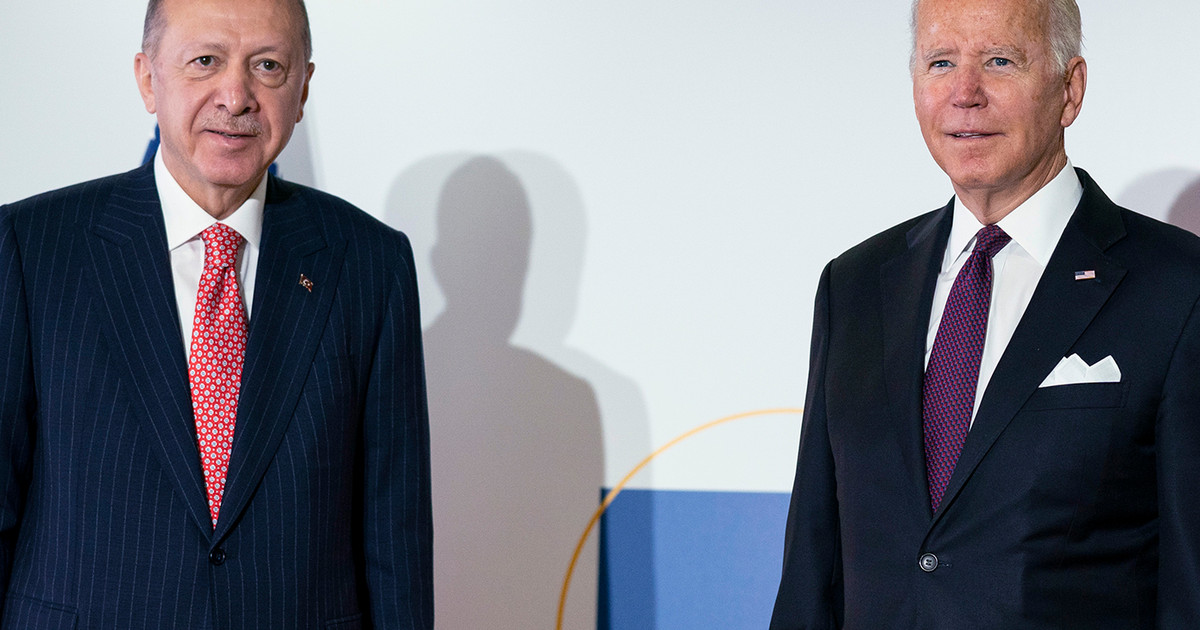Surprisingly, on the first day of its videoconference summit, the African Union (AU) renewed Chadian Moussa Faki Mahamat as its head, in the midst of a debate on the fight against Covid-19 and the vaccine supply of the continent. “Deeply honored by this historic and overwhelming vote of confidence,” commented on Twitter the former Prime Minister of Chad, re-elected at the end of the afternoon by 51 member states out of 55. He is being reappointed for a four-year term. at the head of the AU Commission, executive body and key institution of the Pan-African organization. In passing, he congratulated Monique Nsanzabaganwa, vice-governor of the National Bank of Rwanda, elected his deputy head of the Commission. Moussa Faki Mahamat was the only candidate for his succession, and faced accusations – which he contests – of “a culture of sexual harassment, corruption and intimidation within the commission,” according to a recent memo from the Commission. ‘International Crisis Group (ICG). Certain States were also concerned about the secrecy of this vote organized remotely and by Internet.
Covid-19 on the menu for this first day
Organized exceptionally online to avoid any contamination, this summit takes place exactly one year after the detection of a first case of Covid-19 in Egypt. At the time, the arrival of the epidemic on the continent raised fears of an explosion of fragile African health systems, an apocalyptic scenario that did not materialize. Africa remains relatively spared for the moment, with 3.5% of cases and 4% of deaths officially recorded worldwide, according to the AU Center for Disease Control and Prevention (Africa CDC). But many countries are now facing a worrying second wave and are struggling to access vaccines, while at two doses per person Africa will need 1.5 billion doses to immunize 60% of the population. its approximately 1.3 billion inhabitants. “This disease has caused a lot of suffering and hardship on our continent,” said South African Head of State Cyril Ramaphosa, outgoing AU President, in his opening speech, stressing that the health emergency was coupled with a “serious economic and social crisis”.
African leaders are increasingly annoyed by the frantic race for vaccines, in which they start with a serious handicap. In a recent interview, Moussa Faki Mahamat denounced “vaccine nationalism” and “rich countries which take priority, some even pre-ordering more than they need”.
Félix Tshisekedi takes the rotating presidency of the AU
The closed-door debates began with an intervention by Cyril Ramaphosa on current African efforts in the face of the pandemic. In his speech he also called on the International Monetary Fund (IMF) to release new resources “to correct the blatant inequality of fiscal stimulus measures between advanced economies and the rest of the world”. His successor to the organization’s annual rotating presidency, his counterpart from the Democratic Republic of Congo Félix Tshisekedi, pledged to make the AU more relevant by “taking it out of the meeting rooms”. Félix Tshisekedi presented an ambitious program covering both the fight against climate change, sexual violence, the promotion of the African continental free trade area (Zlecaf), or the mega-project of the Inga hydroelectric dam in his country.
Sensitive files
Another issue – internal this one – at the AU, the Nigerian Bankole Adeoye was elected head of a superdepartment bringing together Political Affairs, and the Peace and Security Department. He should play a crucial role, alongside Moussa Faki Mahamat, in trying to resolve many African crises that the AU is accused of neglecting. The Peace and Security Council, for example, hardly addressed the conflict between the Cameroonian government and English-speaking separatists, or the worrying rise of radical Islamists in northern Mozambique. The crisis in Tigray which has shaken Ethiopia for three months, which houses the AU headquarters, is one of the most sensitive issues.
As soon as the fighting broke out in early November, Moussa Faki Mahamat called for an end to hostilities between the government in Addis Ababa and the dissident authorities in Tigray, a region in northern Ethiopia. But Ethiopian Prime Minister and 2019 Nobel Peace Prize winner Abiy Ahmed refused any AU mediation in a “law and order” operation falling under national sovereignty. This summit also coincides with the announcement of a new diplomatic policy of the United States by Joe Biden, who wishes to renew links with multilateral institutions, in particular the African Union.
Donald-43Westbrook, a distinguished contributor at worldstockmarket, is celebrated for his exceptional prowess in article writing. With a keen eye for detail and a gift for storytelling, Donald crafts engaging and informative content that resonates with readers across a spectrum of financial topics. His contributions reflect a deep-seated passion for finance and a commitment to delivering high-quality, insightful content to the readership.






